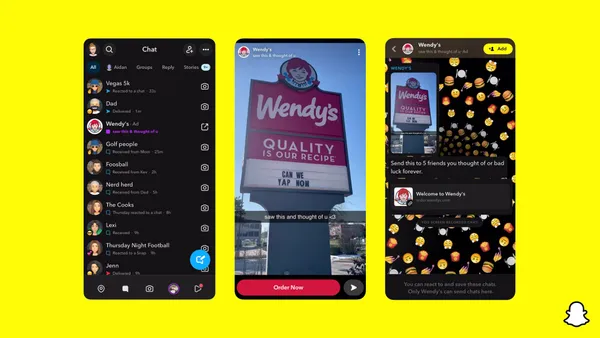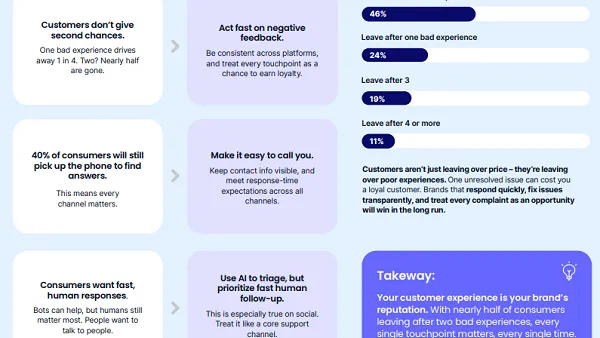Dive Brief:
- BarkBox, a direct-to-consumer (DTC) subscription service for pet products, has cut its Facebook advertising budget while ramping up spending on more traditional channels, according to a report in Digiday. BarkBox joins several DTC brands, including Brooklinen, Thinx, Roman and Curology, in reexamining its Facebook ad spend following recent adjustments to the platform's News Feed algorithm that prioritize user content over brand and publisher posts.
- Since launching in 2012, Bark, the owner of BarkBox, has spent roughly 75% of its ad budget on Facebook, but it trimmed that figure to 25% in April to focus more on TV, direct mail, events and retail, with plans to add more radio and out-of-home to the mix as well. It recently sponsored CMA Fest in Nashville, where it set up a booth, held a contest and gave away free dog toys.
- Bark handles its creative in-house, a strategy it claims gives it the ability to create an ad faster and for one-tenth of an agency's cost. Bark tested its first national direct-response TV ad in November and then measured the number of new subscriptions following the ad, but it declined to share the campaign results with Digiday. Bark, which many believe will soon go public, had $100 million in revenue in 2017 and plans to double that in 2018, according to Digiday.
Dive Insight:
BarkBox's move from Facebook for more traditional channels shows how the social network's status as a de facto platform for advertising might be diminishing, especially among younger, DTC brands that rely heavily on organic reach and less so on costly, resource-intensive paid campaigns. DTC brands are snapping up more of the market share from traditional players across categories, meaning that Facebook's News Feed changes might be causing the social network to miss out on an increasingly influential group of companies.
The News Feed algorithm changes first announced at the beginning of the year have led to nearly nonexistent reach for organic brand posts on Facebook and have also driven up the price of ads. These adjustments, combined with continued fallout over Cambridge Analytica and ensuing data privacy scandals, have prompted some brands to reevalute their Facebook strategies in ways that could impact the platform's revenue further down the line.
While Bark is changing its advertising priorities away from Facebook, the pivot to marketing on more traditional channels fits in line with the strategies of other DTC brands that are focused on growing their business through tactics like OOH advertising and even setting up brick-and-mortar stores. Bark recently unveiled a new line of dog treats and toys with the big-box retailer Target.
Marketers also still see TV as a valuable means to build brand awareness despite broadly declining subscriptions and viewership. These trends come as frustrations with digital advertising are growing. A recent CMO Council survey found that 21% of marketers are cutting back their spend on digital platforms because of questionable, false or inaccurate campaign measurement.














